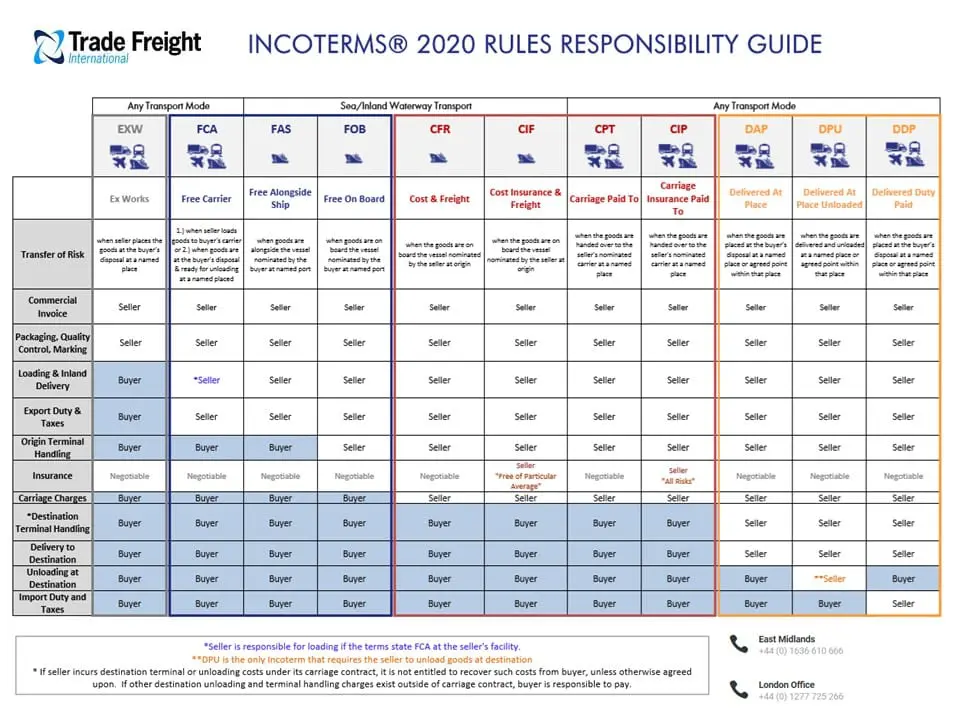The good news is that, for all the challenges brought by the Coronavirus, the global haulage industry has been holding up impressively well. It does, however, have to be said that there are still issues which need to be addressed urgently if the haulage industry is to continue to hold its own against the pandemic.
Border-crossing delays
This issue has been raised often and across all levels from drivers on the road to the IRU to heads of state, particularly in the EU. If essential supplies are to be kept on the move, the EU needs to step up its game with regard to working with other countries to expedite freight. It also needs to take urgent action to resolve issues with supply vehicles crossing intra-EU borders.
One of the most pressing concerns is the situation in Turkey. At present, Turkey has banned citizens of 66 other countries from even crossing its borders and has mandated a 14-day quarantine period for anyone who is allowed to enter. Turkey is, literally, on the border with the EU and a vital part of a crucial supply route, hence these delays are having a major impact on freight traffic.
Although Turkey’s relationship with the EU can be difficult, there is extensive trade between the country and the block and so it is reasonable to expect the EU to have some degree of influence and to take action to exercise it. That said, the EU is arguably in a poor position to criticize Turkey for the issues crossing its territory when there are currently major issues not just entering the EU, but crossing its internal borders, which are supposed to be open to both goods and people.
Admittedly the current pandemic is a very unusual situation, but the fact still remains that the EU does have full control over its internal borders. All of its member states desperately need to keep essential supplies coming in and it’s probably fair to say that all of its member states wish to continue exporting as much as possible to help balance their books. Both of these depend on freight traffic being able to move efficiently.
While it is understandable that many EU member states are still going to want to keep at least some degree of control over who and what crosses their borders, it is unacceptable for freight vehicles to be routinely held in multi-kilometre tailbacks when crossing intra-EU borders. EU heads of state, therefore, need to find a way either to get all traffic moving or to have special arrangements for freight traffic.
Health concerns and quarantine
Although many freight drivers do spend extended periods in what is effectively self-isolation, the very nature of the work requires some degree of interaction with people, not to mention handling goods. This, of course, exposes drivers to the Coronavirus, which is a perfectly reasonable concern.
Even if they do not test positive, they may still be asked to self-isolate for 14 days, which may not seem like an unreasonable request in itself, but can become burdensome if it is repeated. It also limits the number of drivers who are available for work at any given point.
Driver workload and fatigue
Issues with border crossings and health checks are both increasing the pressures placed on drivers at a time when their support network has been drastically reduced. For example, the closure of roadside services not only makes it more difficult for drivers to get food and drink (especially hot food and drink) but also to use the bathroom. The closure of hotels has made it harder for them to find places to get any sleep, let alone a decent night’s sleep and a private bathroom. These are all issues which governments should address urgently.



Recent Comments